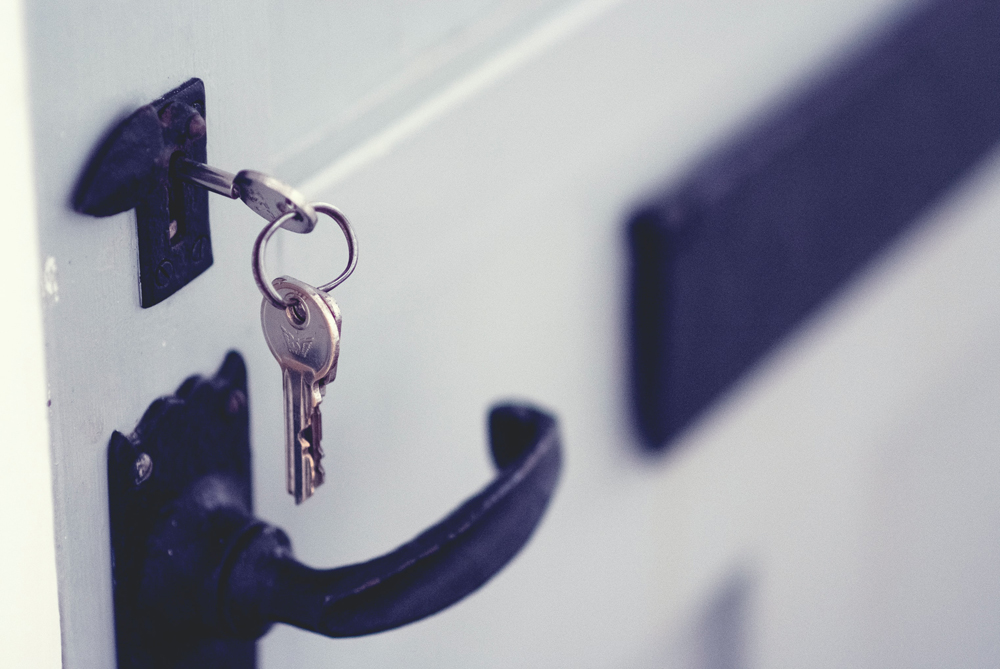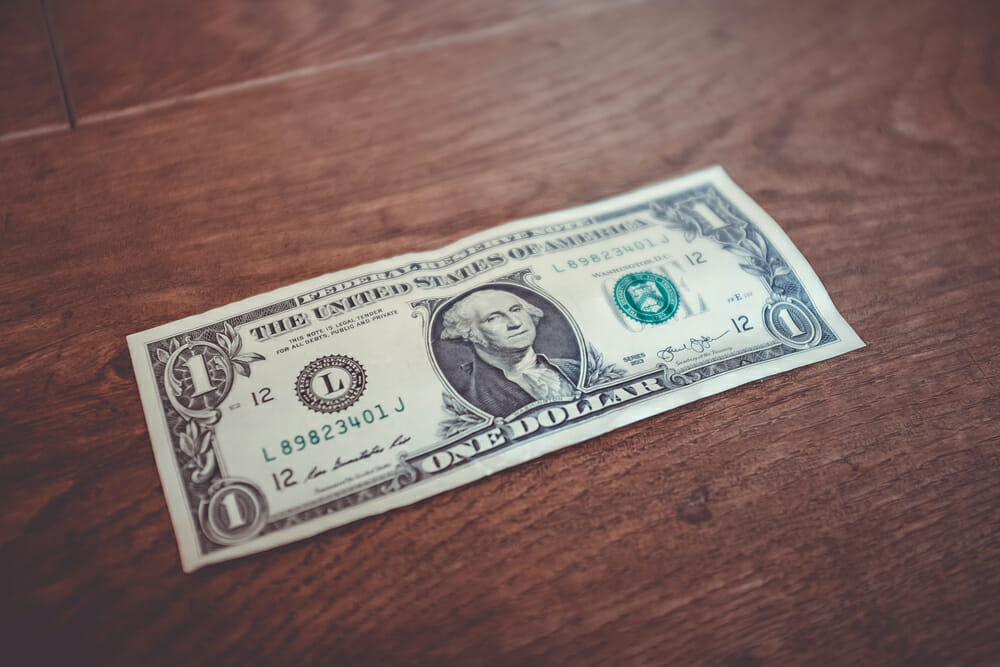In my upcoming First-Time Home Buyer’s seminar I’ll be covering some of this content, but here’s a broad overview of financial questions as they relate to home ownership. It doesn’t matter if you’re a first-time home buyer or well established in your homeownership and just looking for a bigger and better dream home, it’s likely you’re facing the same question:
Can I really afford a mortgage?
You may be an accounting whiz and think all the numbers work out, but theres’ more than meets the eye about how much owning a home really costs.
One way to see if you can afford a mortgage, is to use a mortgage calculator. You can also ask an expert or local lender (I’m happy to recommend one to you), but remember, only you know whether you can really afford to buy a home right now.
Since the market still has homes at discount prices, many buyers can have their pick. But just because you’re getting the deal of lifetime, doesn’t make it a smart choice if you really can’t afford it.
Here are five basic questions to ask yourself when determining if you can really afford a mortgage.
1. Are you spending less than you earn?
You can answer this question by looking at your a budget — and if you don’t have one, you definitely need to create a budget before you buy a house.
It’s good to know the basics, like how much you spend every week/month, and how much income you bring in. You can determine if you’re spending less than you earn by adding up your total expenses, subtracting your take-home pay and calculating the difference.
You don’t want to end up in a house you love but start resenting it because you can’t afford to make the payments. And having a solid budget and plan before you take out a mortgage will help you avoid this common mistake.
2. Do you have extra funds saved to pay for emergencies and repairs?
In order to keep yourself out of debt and to cover any necessary repairs, it’s important to have extra money stashed away in an emergency fund. If something can break, it will and you won’t have the luxury of calling the landlord to fix it.
There’s nothing more disappointing than moving into a new place and not having enough money to make it your own home. Sometimes the carpet needs to be replaced, the water heater breaks, or some of the outlets don’t work.
Having an emergency fund will enable you to easily cover any unexpected expenses, like repairs and maintenance issues, along with any customization to make the space your own.
3. Will the mortgage payment be around 25% of your net income?
In order to know if you can really afford a mortgage, you’ve got to calculate the monthly payment in comparison to how much income you earn.
A good rule of thumb is to not spend more than 25% of your take home pay on housing payments. Don’t just assume that because the bank approved you for a certain loan amount, that you can afford the payments.
If you don’t follow this simple rule, you’ll quickly realize how easy it is to become house poor. And you won’t have any flexibility to pay other bills, or actually have a social life.
4. If you lose your job would you still be able to make payments?
In the event that you or your partner lose a job, you’ll need a cushion of cash saved up to make the mortgage payments, at least for a month or two.
This will give you enough time to find a new job, recover and get back on track. If you can barely make ends meet, buying more house than you can afford is a disaster waiting to happen.
Buying too much house than you can afford isn’t worth the peace of mind you’ll lose if one or both of you lose your job. This is where the 25% rule comes in very handy since you won’t be crippling yourself to stay afloat financially.
5. Does your monthly housing budget include costs for insurance and taxes?
This is an area that a lot of first-time home buyers don’t account for in their home-buying process. A lot of mortgage companies will create an escrow account to pay the yearly insurance and taxes for the house, then roll these costs into the monthly mortgage payment.
This can significantly raise your monthly house payment and leave you struggling to make ends meet. So before you sign on the dotted line, make sure you’ve calculated all the costs and budgeted for any overages.
In the end, purchasing a home means you need to think about all the incidentals, emergency expenses and small things like yard maintenance and other repairs. It’s important to leave yourself enough wiggle room in your budget, because if you want to be a homeowner, you have to expect the unexpected.




